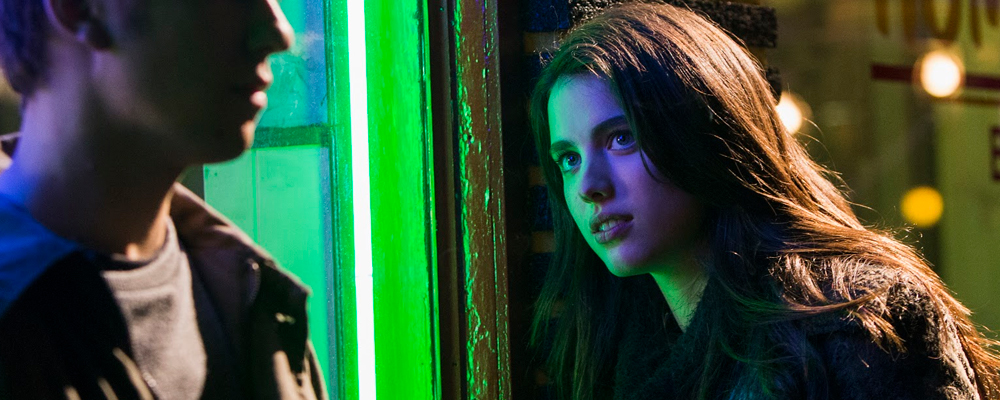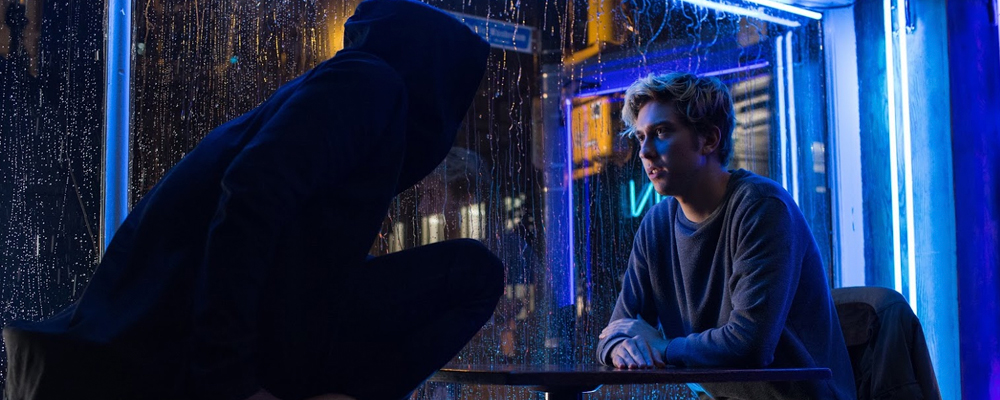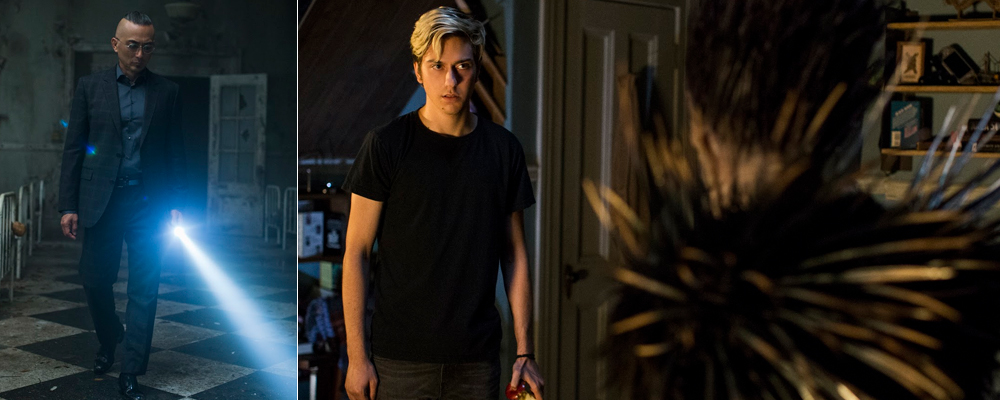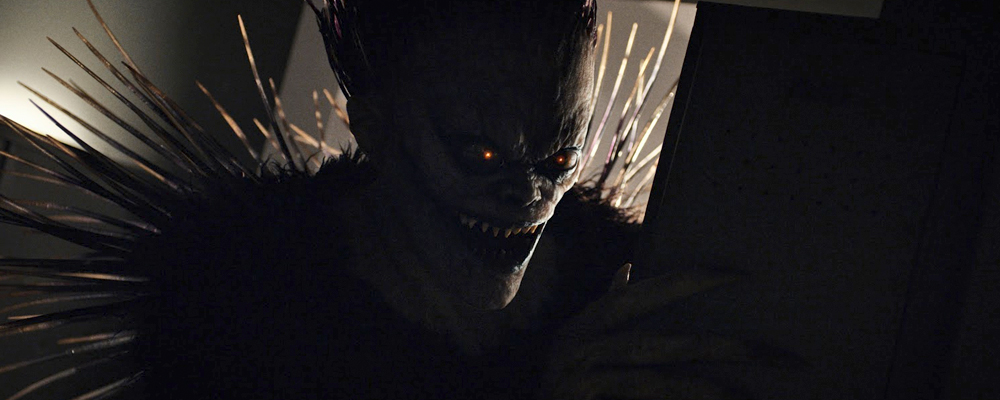‘Death Note’ Straddles Too Many Genres to Deliver a Killing Blow
Tony Sokol
Talk about a poison pen pal. In “Death Note,” directed by Adam Wingard, Light Turner (Nat Wolff), has a lethal study aid. His new notebook isn’t just good for surprise chemistry quizzes. It also has the power to kill. All he has to do is write someone’s name in it and they die. The film is a loosely based, Americanized version of the Japanese manga and anime series written by Tsugumi Ohba and illustrated by Takeshi Obata. It doesn’t have many Asian faces in the cast, which is a big gamble for Netflix to take on the manga’s fans. The streaming network has been very successful with series and documentaries, but its foray into motion pictures is a bit murky.
Light is a gifted but lazy high school student in Seattle. The morally ambiguous underachiever writes and sells essays from his al fresco office in the stands during football practice. He tries to stick up for a classmate who is being bullied, and gets his head handed to him. Knocked out with one punch, the unconscious wannabe hero gets busted for his stack of educational aids. During detention, Light runs into Ryuk (Willem Dafoe), a Shinigami or death god like the grim reaper. He’s very fond of apples. Ryuk wrote the book and the rules to the Death Note, and there are a lot of rules. The deaths have to be physically possible, which means you can’t kill someone by shark attack while they’re on the toilet. All Light needs is a face, a name and a mode, otherwise the person just gets a heart attack. When the death sentence has been imposed, events are manipulated so that it is carried out. Ryuk orchestrates a better mousetrap for each death, a Rube Goldberg of catastrophe.
As a test run, Light gets rid of the school bully, Kenny Doyle (Jack Ettlinger), by decapitation no less. Not bad for a beginner. But you have to wonder if the first punishment fits the crimes, which makes it a little hard to root for Light. That is until you meet Mia Sutton (Margaret Qualley) and Light becomes almost the good guy. The kid with the killer notebook is not crazy enough for his girlfriend. The two pair up to rid the world of crime, but Mia has ambitions beyond mere vigilantism.
In the manga, Light is a bit of a psychopath, wanting to be god of a new world free of the oppression of crime. The high school students are smart enough to know not everyone would be on the same page in their pursuit for justice. Not wanting to be caught, Light creates a humble alter ego. Lord Kira has returned to punish the wicked, he warns. To the Celts, Kira means light. This is too close for comfort. To distance himself from the unfortunate series of events, and to explain away the western whitewashing, the writers transport the name Kira to Japan, where the word means killer.
Kira becomes an international figure. Crime goes down, but as he racks up his 400th kill, Light crosses over from vigilante to villain. His creation becomes one of the most prolific serial killers in history. Light’s father, the detective James Turner (Shea Whigham), is in charge of the case, aided by a mysterious investigator who calls himself L (Lakeith Stanfield) and his even more mysterious sidekick Watari, played by Paul Nakauchi.
The acting is solid throughout, but without much nuance. The star-crossed teenagers don’t evoke much sympathy or antipathy because they are hemmed in by genre restraints. They’re not too bothered about playing with a death god, and are less concerned with making the world a better place than in ensuring their own place in it. They want the power, even if they don’t get the specific glory. Dafoe plays Ryuk with a menacing glee. Forever ready to find a new author for the death note, he never tires of taunting Light with his impending dismissal. He is never content with the destruction he can wreak. Stanfield downplays L in a decidedly deadpan manner, unless he’s making a point, usually over a dinner table, which he can clear with robotic precision. Whigham, almost a regular player on HBO with roles in “Boardwalk Empire” and “True Detective,” is effective as the protective father mourning his own failure to save his wife or punish her killer. But we don’t really care because we have no reason to empathize with the family.
While the original source explores the ruinous responsibilities of a benevolent human god, the film becomes more of a confused crime procedural. “Death Note” doesn’t quite commit to any of the genres it flirts with. It is funny some moments, but doesn’t go far enough for satire. It teases neon-noire but never gets dark enough to hide anything in the shadows, only the margins of a notebook.
“Death Note” premieres Aug. 25 on Netflix.





